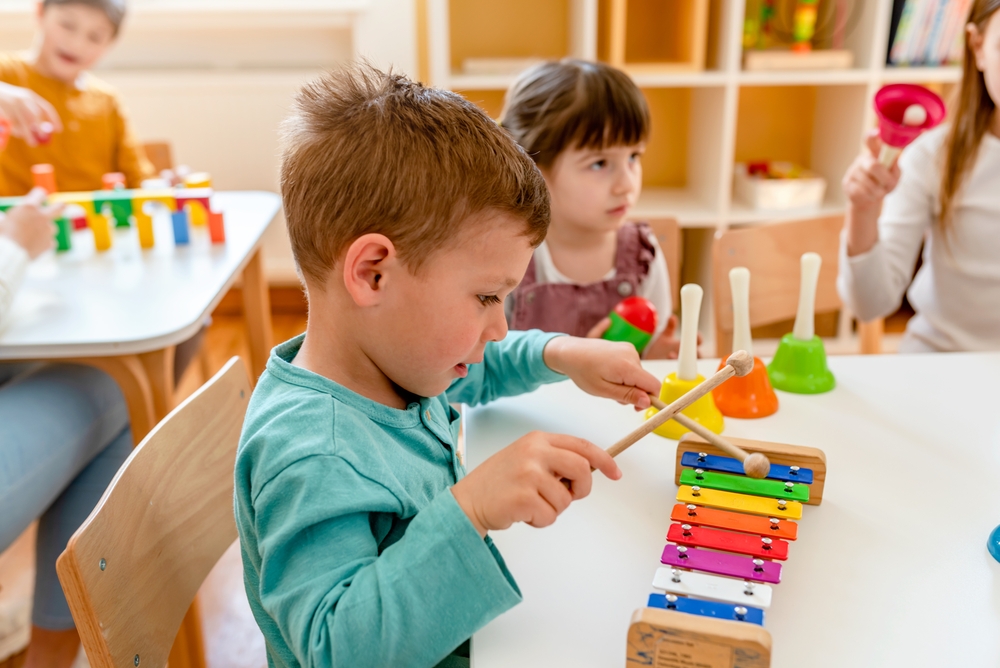A groundbreaking study from the University of Tokyo has found that the expansion of preschool education in Japan during the 1960s has led to substantial long-term benefits in adolescent behaviour, including reduced rates of juvenile crime and teenage pregnancies.
This research underscores the vital role early childhood education plays in shaping healthier behaviours in later life.
Key Findings from the Study:
- Reduction in Risky Behaviours: The study revealed that regions with higher preschool enrollment saw significant declines in both violent crime arrests and teenage pregnancies among adolescents. This correlation highlights the positive impact of increased access to early education on reducing risky behaviours.
- Focus on Noncognitive Skills: Researchers, led by Professor Shintaro Yamaguchi, discovered that improvements in noncognitive skills—such as social competence, emotional regulation, and impulse control—were likely responsible for the observed reductions in risky behaviours. The study suggests that these skills are enhanced through early childhood education, rather than simply through increased academic achievement.
- Comparative Analysis: By leveraging regional variations in preschool enrollment across 46 prefectures in Japan, the researchers effectively isolated the effects of early education from other influencing factors. They analysed juvenile crime and pregnancy rates before and after the preschool expansion, confirming that the benefits were specific to the children who attended preschool.
- Universal Program Benefits: Unlike many previous studies that focused on targeted programs for disadvantaged children, this research examined a universal preschool initiative. This approach provides compelling evidence that early childhood education can benefit all children, regardless of their socioeconomic background.
- Long-term Research Goals: The researchers aim to further explore how early childhood education influences adolescent behaviours and to identify which specific noncognitive skills are most affected. They also plan to investigate longer-term outcomes into adulthood, such as health behaviours and family formation, to provide a comprehensive understanding of the value of investing in early education.

The findings of this study are published in the Journal of Public Economics and emphasise the critical importance of preschool education in promoting positive developmental outcomes for children. For more information, visit the full article here: Early education impacts teenage behavior.
Enhance your early learning programmes with evidence-based resources that support positive developmental outcomes. Discover trusted providers and innovative solutions on AISL Mall now.









